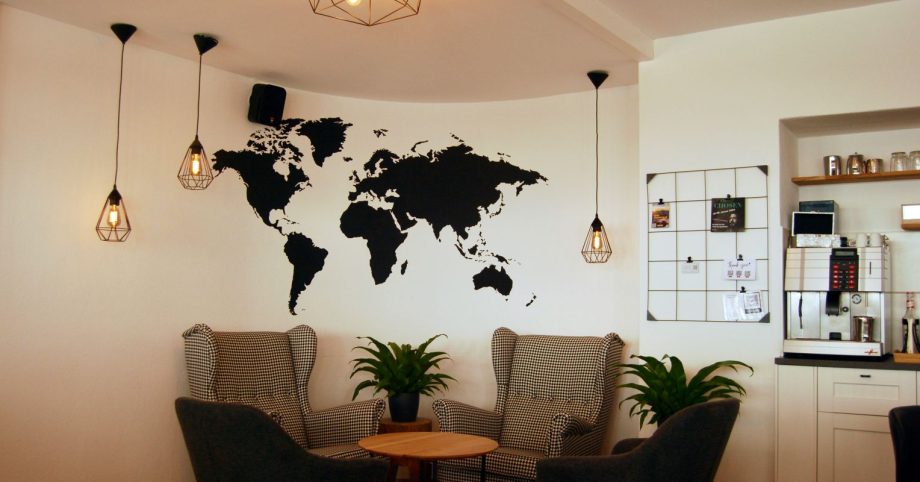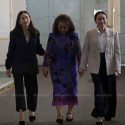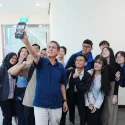Twenty five years ago, in a quiet moment, I earnestly wrote the following about my life and career purpose: “I dedicate my life to enhancing the well-being of our world–people and planet.” I am still working to fulfill that mission. As part of that work, recently I prepared to participate in an international meeting on human and global flourishing.
The gathering was taking place in the American Midwest; I live in New York. Several months ahead, I booked my flights. On a particularly stormy Friday before a holiday weekend, as I waited surrounded by fellow anxious travelers in a crowded airport terminal, I did what many of us do in the face of anxiety: I checked my phone. I watched as group text messages from around the world rolled in from colleagues: “Missed connection.” “Massively delayed.” “Flight totally canceled.” As I stood there scrolling, it hit me; my flight would be contributing to the very same consequences of climate change–wildfire smoke, lightning storms, and flooding– that were causing this airport chaos.
In other words, to attend a gathering dedicated to human and global flourishing, I was inadvertently undermining it. The weight of the irony began to sink in: How can I consider myself an advocate of global flourishing while I’m about to board a plane that contributes to its harm?
The Dilemma Leaders Face
Despite the cognitive dissonance, I did eventually board that flight. But once I arrived, in late-night conversations and early morning walks, I began raising questions about these types of dilemmas with my colleagues. As a group dedicated to helping people flourish in organizations, we knew that while some executives are directly responsible for helping lower their companies’ carbon footprints and advance the well-being of their employees, even those who are not directly responsible for such concerns make choices every day that impact their employees, organizations, communities and world.
One colleague who works for a United Nations-related NGO recounted the toll of frequent international travel on her own and her colleagues’ lives. She described an organizational culture in which people are expected to simply live with the colds, flus and other viruses that international travel inevitably brings. Another friend who had driven his electric car to the conference from New York, with two other attendees in tow, revealed what one creative alternative (at least domestically) might look like.
Those conversations caused me to consider what all leaders can do, regardless of job title or formal area of responsibility, to make thoughtful choices about how, when, and where to come together in this post-Covid, climate-crisis era. Below are some ideas toward this end.






